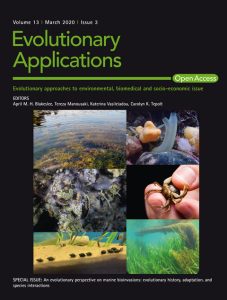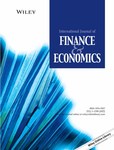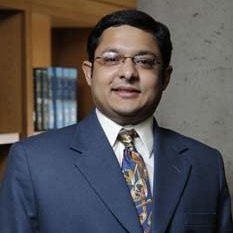Last August 12th, Nick Wise came across a Facebook post advertising the first, third, and fifth author positions for sale on a scientific paper with the same title as a recently published article.
Wise, a scientific sleuth whose work has resulted in more than 850 retractions, posted a comment on PubPeer with a screenshot of the advertisement and contacted the publisher of the journal.
Six months later, the article, “Potential application of AlP nanosheet semiconductor in the detection of toxic phosgene, thiophosgene, and formaldehyde gases,” has been retracted. It had appeared in Semiconductor Science and Technology, an IOP Publishing title, and has been cited once.
Meanwhile, the authorship broker says he has left the business.
Continue reading After a sleuth reveals a paper with authorships advertised for sale, it’s retracted







